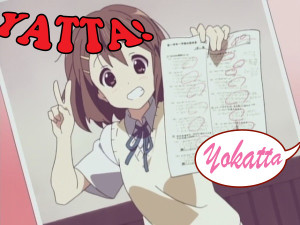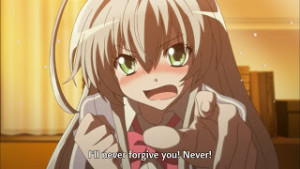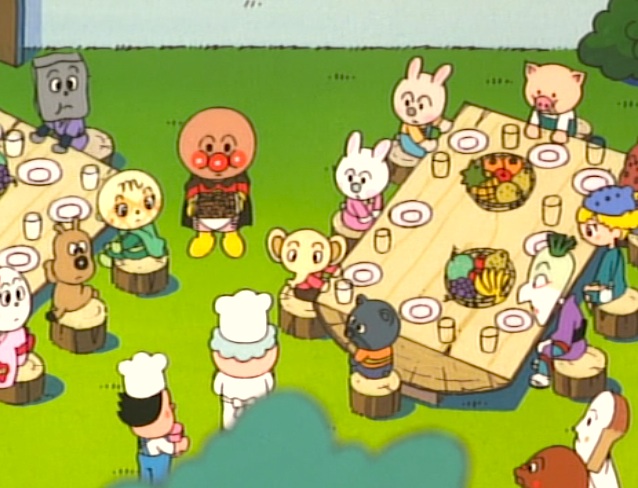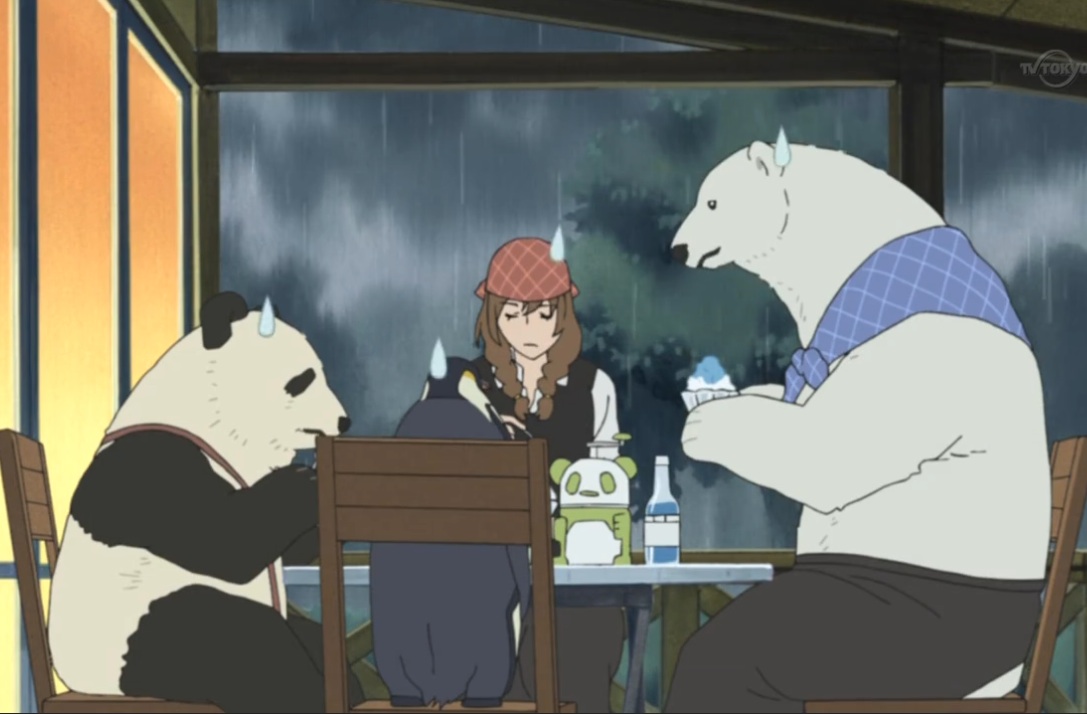 Everyone knows that “moshi moshi ” is what Japanese people say when they answer the telephone.
Everyone knows that “moshi moshi ” is what Japanese people say when they answer the telephone.
But what does it really mean?
There is a legend that kitsune (shape-shifting fox-spirits) cannot say “moshi moshi ” , so if someone answers with that phrase, you know she must be a real human being – or at least not a kitsune.
However, that isn’t where the phrase comes from. It is actually a contraction/doubling of the word 申す mousu, which is the humble form of 言う iu – “say”.
So “moshi moshi ” is really a polite, humble way of saying “speaking, speaking” or “I say, I say”.
Moshi moshi is not only used on the telephone. It can also be used to call someone’s attention in person. Kind of like saying “Is anyone home?” when someone doesn’t seem to be listening.
The pronunciation of moshi moshi varies somewhat, so it can come out sounding like
moshmoshiii
or
moshimo-osh
Other places we often find the mousu of moshi moshi are in phrases like
(私は)メアリーと申します
(Watashi wa) Mary to moushimas
My name is Mary
What this literally means is “(I am) said Mary” – a bit like the French je m’appelle Mary (I call myself Mary).
The usual way of saying this would be
(私は)メアリーと言います
(Watashi wa) Mary to iimasu
which also means “(I am) said Mary”. By using moushi-masu instead of ii-masu you are turning it into something like “humble little me is said Mary”. You use this on more formal occasions, like meeting your Japanese boss for the first time.
Another common place we find the moushi of moshi-moshi is in the expression:
申し訳ありません
moushi-wake arimasen
which the dictionaries often translate as “I’m sorry”.
A Japanese beginner once wrote to me
びょうき で もうしわけ ありません
(in grown-up Japanese: 病気で申し訳ありません)
Byouki de moushi-wake arimasen
What she meant was “I’m sorry you are sick”.
But what moushi-wake arimasen literally means is something like “there is no excuse I can humbly say”.
It does of course mean “I’m sorry” but not the “I’m sorry” of “I’m sorry you’ve been sick” – well, not unless your bad cooking was to blame for it.
Dictionaries, like textbooks, can be confusing!
Ever wondered what these words really mean?
Urusai, Yurusanai, Oishii, Yatta, Yokatta
Just click one to find out now!
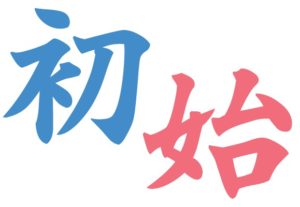 There are a number of words in Japanese that have the same pronunciation and roughly the same meaning but can be written with two or more different kanji.
There are a number of words in Japanese that have the same pronunciation and roughly the same meaning but can be written with two or more different kanji. 初 – Cloak ‘n’ Dagger at the Beginning of Time
初 – Cloak ‘n’ Dagger at the Beginning of Time 始 – The Lady on the Pedestal, Starting to Act
始 – The Lady on the Pedestal, Starting to Act